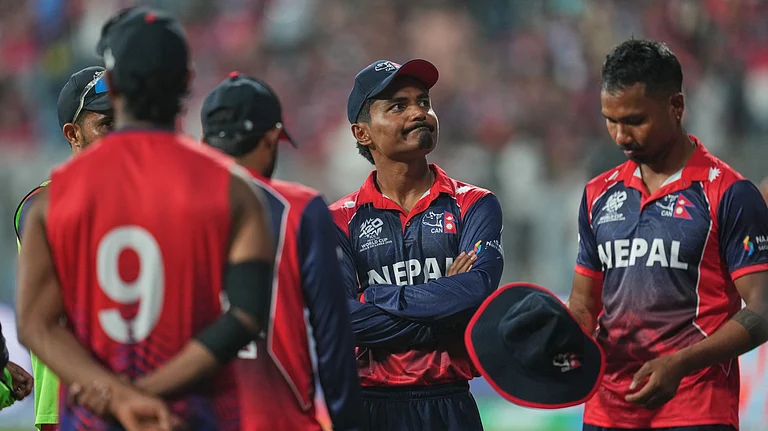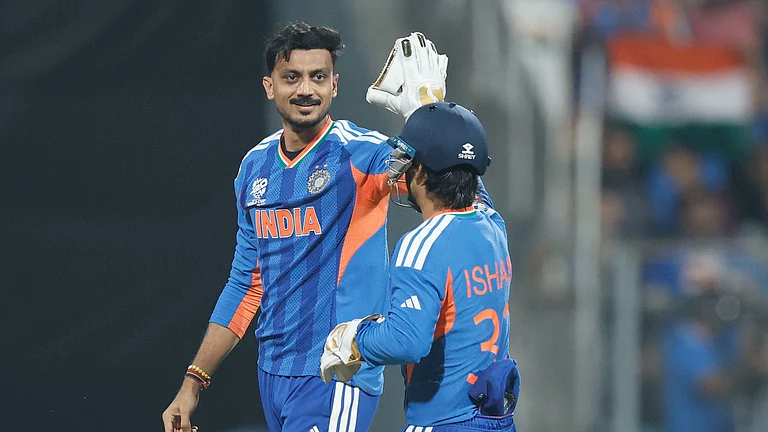External Affairs Minister S Jaishankar will travel to the Uzbek capital Tashkent on a two-day visit beginning Thursday to attend a foreign ministerial conclave of the Shanghai Cooperation Organisation (SCO).
Chinese Foreign Minister Wang Yi, Russian Foreign Minister Sergey Lavrov and their Pakistani counterpart Bilawal Bhutto are also expected to attend the SCO meet.
It is expected that Jaishankar will have bilateral meetings with some of his counterparts from the SCO nations including Wang and Lavrov.
Announcing Jaishankar's visit, the Ministry of External Affairs (MEA) said the SCO foreign ministers' meeting will deliberate on the SCO summit in September scheduled for September 15-16 in Samarkand.
Prime Minister Narendra Modi is likely to travel to Uzbekistan to attend the summit.
"External Affairs Minister S Jaishankar will visit Uzbekistan on July 28-29 at the invitation of Acting Minister of Foreign Affairs of the Republic of Uzbekistan Vladimir Norov to take part in the meeting of the SCO Council of Foreign Ministers," the MEA said in a statement.
"The meeting will discuss preparations for the upcoming meeting of the Council of Heads of State on September 15-16 in Samarkand," it said.
The MEA said the foreign ministers will review ongoing cooperation in the expansion of the SCO and exchange ideas on regional and global developments of common concern.
The SCO is an influential economic and security bloc and has emerged as one of the largest transregional international organisations. India and Pakistan became its permanent members in 2017.
The SCO was founded at a summit in Shanghai in 2001 by the presidents of Russia, China, the Kyrgyz Republic, Kazakhstan, Tajikistan and Uzbekistan.
India has shown a keen interest in deepening its security-related cooperation with the SCO and its Regional Anti-Terrorism Structure (RATS), which specifically deals with issues relating to security and defence.
India was made an observer at the SCO in 2005 and has generally participated in the ministerial-level meetings of the grouping, which focus mainly on security and economic cooperation in the Eurasian region.


























